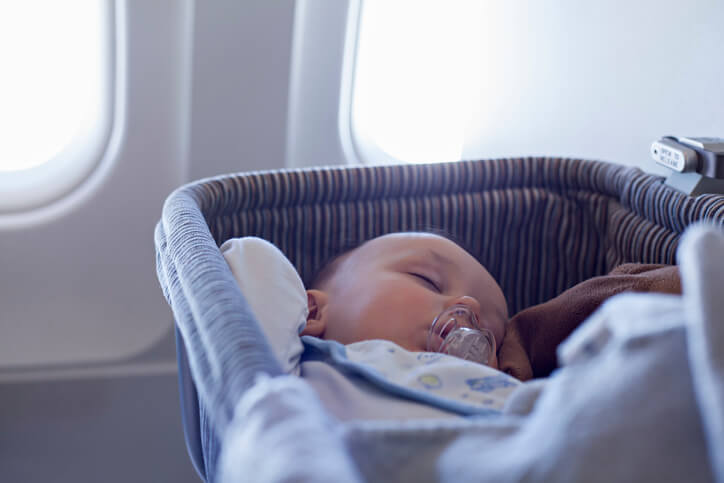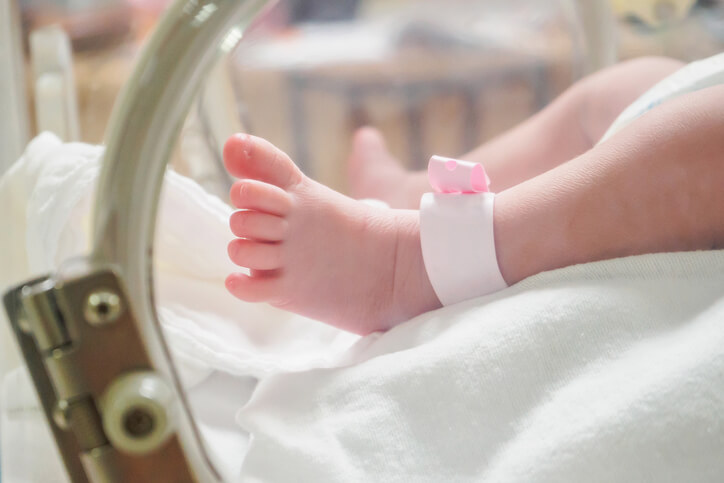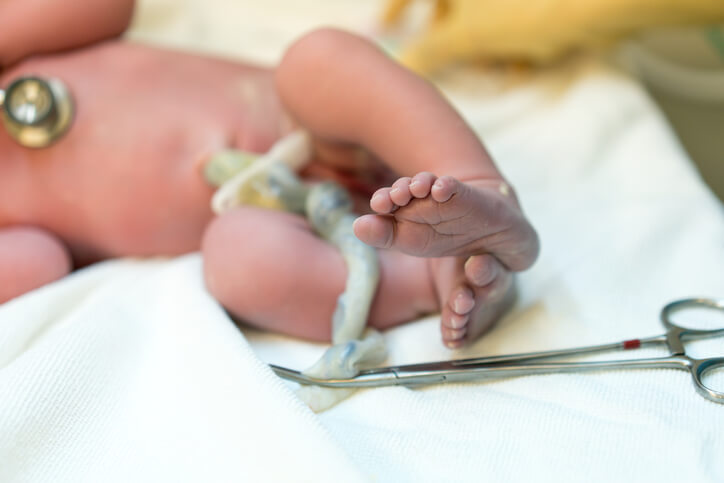While assisted reproduction methods have been around for decades, gestational surrogacy is still the relatively new kid on the block. Because of its novelty, surrogacy can be a controversial topic of discussion — especially when it comes to the long-term effects on those involved.
While intended parents and gestational carriers enter into this process fully aware of the risks and rewards of doing so, the children who are born via surrogacy have no choice in the matter. Therefore, it’s normal for many people to ask, “What are the effects on children born via surrogacy?”
Researchers have been studying the families created through gestational surrogacy for years now. While there are no definite and conclusive answers to this question, a fair amount of reports have been released over the past few years that shed some light on this topic. We’ve summarized them for you below.
You can also hear from experienced surrogates and intended parents about the life-changing opportunity surrogacy provided them by following our Instagram.
Remember: If you ever have questions about the surrogacy process, our specialists are here to help. Contact us anytime online or by calling 1-800-875-2229(BABY).
Physical Effects on Children Born via Surrogacy
For many people, there’s been a long-standing question about children conceived through in vitro fertilization: How does it affect them in the long run?
The good news is that researchers have not found any solid evidence to show that children conceived via IVF are any less healthy than those conceived in the traditional manner.
One of the most recent and most extensive studies on this topic comes out of Israel. In a 2017 study, Israeli researchers evaluated the health of young adults enlisting in the military, all of whom were born via IVF from 1982—1993. The physicians looked at all medical and psychiatric diagnoses recorded, as well as cognitive function. Overall, there were no major differences between the adults conceived and born via IVF than adults conceived and born in the traditional way.
Studies on children born via surrogacy tend to have the same results. While the rate of multiple births and low birth weight are higher among those pursuing gestational surrogacy, long-term results have not indicated that the entire classification of children born via surrogacy is any less healthy than their traditionally born counterparts.
For more information on how IVF plays a role in a child’s health, we encourage intended parents to speak with an experienced reproductive endocrinologist at a surrogacy or fertility clinic.
Emotional Effects on Children Born via Surrogacy
The lack of a negative physical effect is all good and well — but is there a possibility that a child is psychologically affected by the fact that they were born via surrogacy?
The answer is yes — and no. As with any other child brought into a family in a non-traditional way, the psychological health of a child born via surrogacy will depend upon how their parents celebrate their surrogacy story. If there’s anything family-building professionals have learned from adoption and gamete donations, it’s that honesty and openness are always the best policies.
The psychological health of people involved in the surrogacy process has always been of interest to researchers. There are many studies out there that evaluate the psychological health of a child born via surrogacy, the relationships between intended mothers and their children, the emotional effects of surrogacy on gestational carriers, and more.
For this article, we’ll focus on the emotional health of children born via surrogacy. The vast majority of studies today show no major differences in emotional health of children born via surrogacy and those children conceived naturally. One extensive 2011 study showed that surrogacy children grew up well-adjusted throughout their childhood, with no noticeable differences in maternal positivity, maternal negativity, and child adjustment. In fact, mothers and fathers of children born via surrogacy were shown to have more positive parent-child relationships and less stress (respectively) than those who had a child naturally.
Of course, there are studies out there that claim children born via surrogacy are more likely to be depressed and experience identity issues as they grow up. But, that makes sense; if intended parents don’t take the time to fully and positively explain a child’s surrogacy story as they grow up, it will be a great shock to a child when they eventually find out. That’s why we at American Surrogacy encourage all intended parents to normalize their child’s surrogacy story from the moment they are brought home from the hospital.
For many children, the idea of being carried in another woman’s womb is more disruptive than the idea of not being genetically related to their parents. This is likely because surrogacy is still uncommon in comparison to other family-building methods like adoption. So, proper explanation and honesty is key to helping a child develop their identity as a surrogacy baby.
—
Whatever your interest in surrogacy, we know that it can be scary to think of the future when you’re so focused on the present. That’s why our surrogacy specialists are always here to answer all of your questions about gestational surrogacy before you begin.
To learn more today, give us a call at 1-800-875-2229(BABY).









